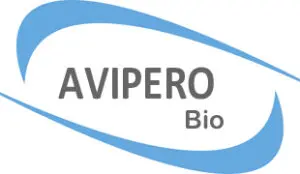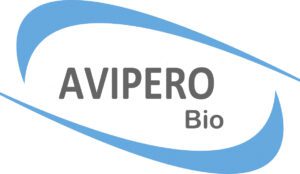Unique targeting mechanism
A beta1 integrin-targeting drug, when used in combination with cytotoxic chemotherapy, can enhance treatment outcomes in cancer patients through several mechanisms that may prolong progression-free survival (PFS) and overall survival (OS). Here’s how this combination works:
Mechanisms of Action
1. Targeting Tumor Microenvironment:
- Beta-1 Integrins Role: Beta1 integrins are involved in cell adhesion, migration, and signaling within the tumor microenvironment. By targeting these integrins, the drug can disrupt the supportive interactions between cancer cells and their surrounding stroma.
- Enhanced Drug Delivery: This disruption can improve the penetration of chemotherapy agents into tumors, making them more effective.
2. Inhibition of Tumor Cell Survival:
- Blocking Survival Signals: Beta1 integrins often facilitate survival signaling pathways in cancer cells. Inhibiting these pathways can sensitize tumor cells to chemotherapy, leading to increased cell death.
- Induction of Apoptosis: The combination can enhance apoptosis (programmed cell death) in cancer cells that would otherwise resist chemotherapy.
3. Reduction of Chemoresistance:
- Overcoming Resistance Mechanisms: Tumors can develop resistance to chemotherapy through various mechanisms, including enhanced repair of DNA damage and altered drug metabolism. By targeting beta1 integrins, the combination can counteract these resistance mechanisms, making chemotherapy more effective.
4. Modulation of Immune Response:
- Enhancing Immune Activity: Beta1 integrin inhibitors may promote a more favorable immune response against the tumor, aiding in the clearance of residual cancer cells after chemotherapy.
- Reducing Immunosuppressive Environment: By altering the tumor microenvironment, these drugs may reduce immunosuppressive factors that hinder the body’s ability to fight cancer.
5. Synergistic Effects:
- Combination Synergy: The simultaneous targeting of beta1 integrins and the use of cytotoxic agents can lead to synergistic effects, where the overall anti-tumor activity is greater than the sum of individual treatments.
Clinical Outcomes
- Prolonged Progression-Free Survival (PFS): By improving tumor response to chemotherapy and reducing the likelihood of disease progression, patients may experience longer PFS.
- Enhanced Overall Survival (OS): Improved tumor control and reduced chances of recurrence can lead to longer OS as patients respond better to treatment and have fewer complications from uncontrolled disease.
Conclusion
The combination of beta1 integrin-targeting drugs with cytotoxic chemotherapy represents a promising therapeutic strategy in oncology. By addressing both the tumor cells and the tumor microenvironment, this approach aims to enhance treatment efficacy, reduce resistance, and ultimately improve patient outcomes in terms of PFS and OS.

The Biological and Pharmacological mechanism of action of beta1 integrin-mediated repair

The epitope location of AVI001 determines the Pharmacological mode of action


